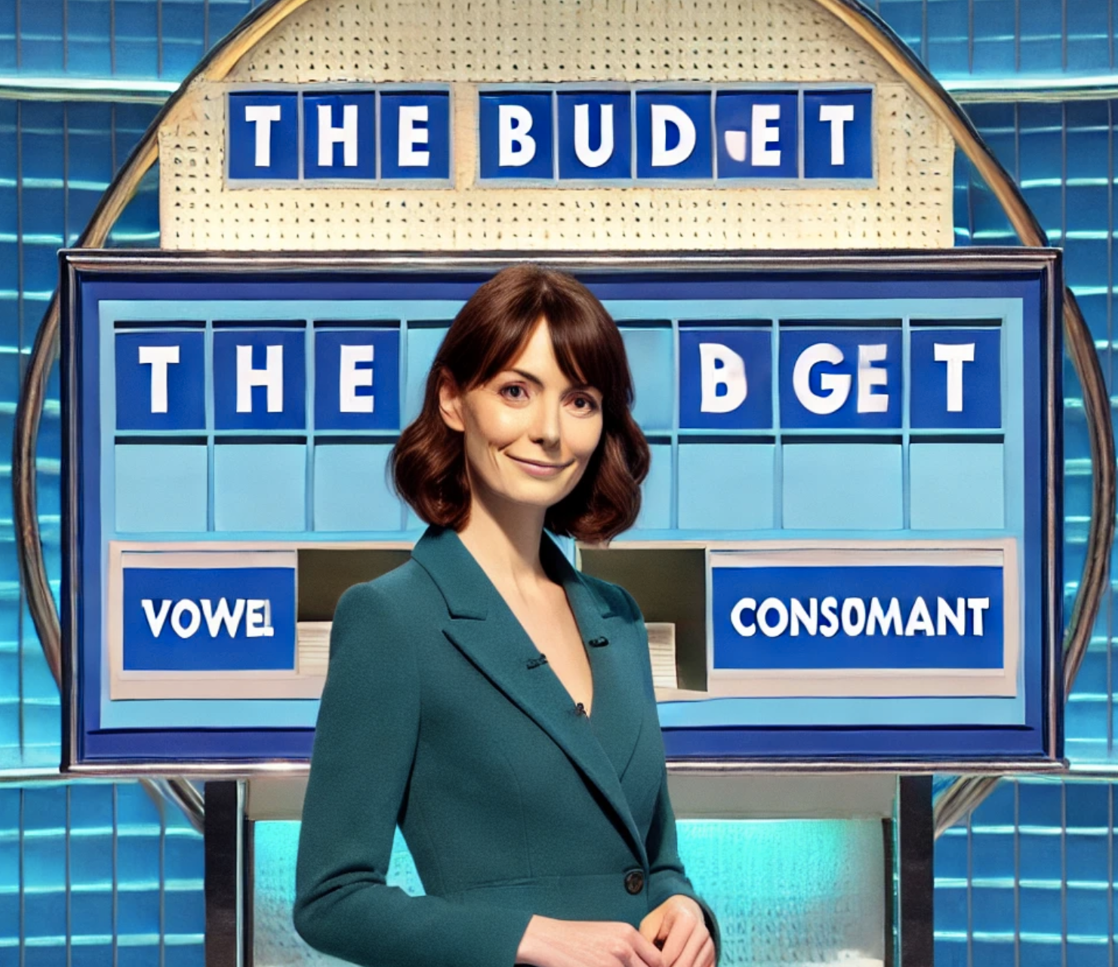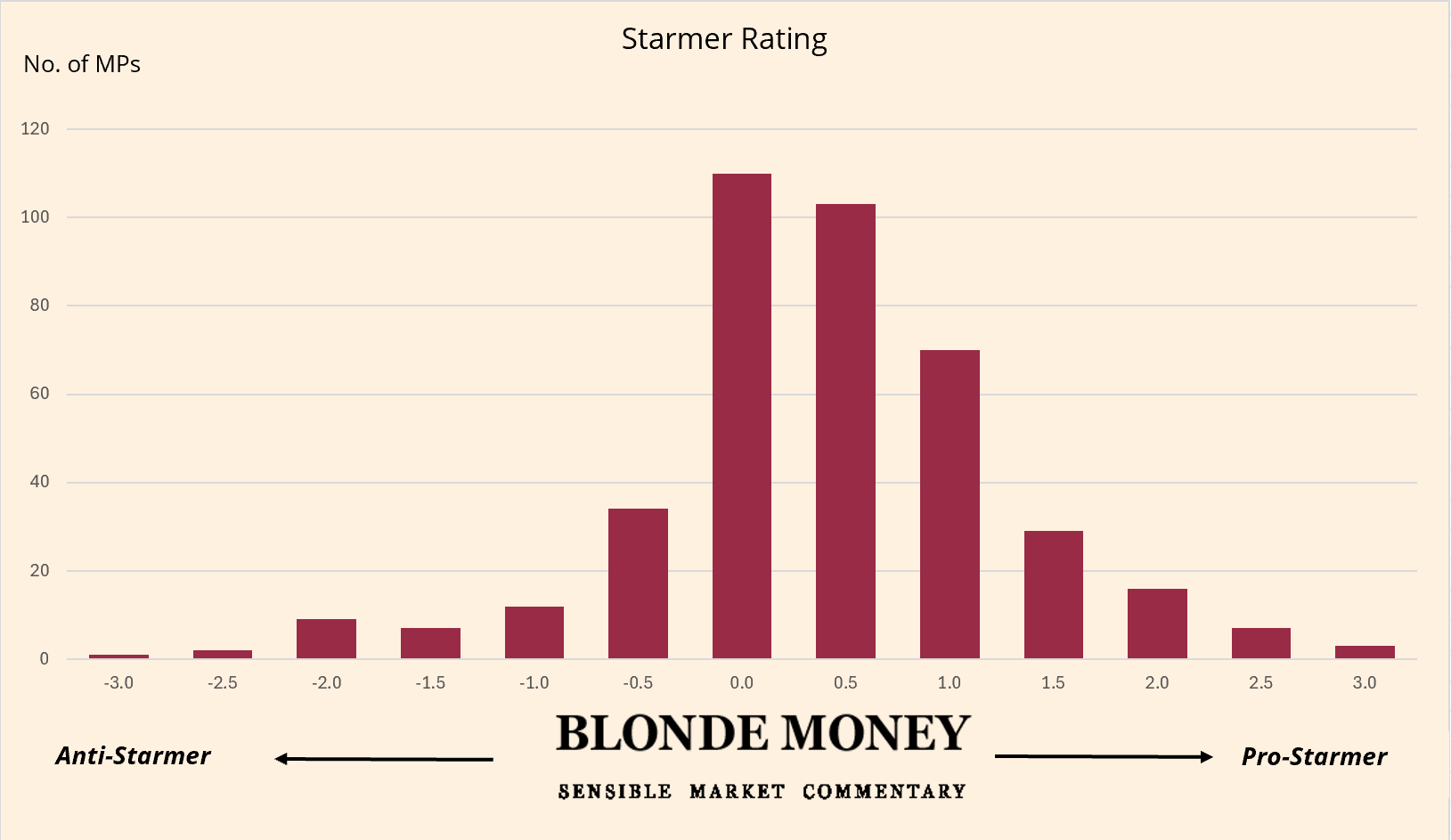
16th October 2024
The Countdown Budget

- The Business Investment Summit wasn’t just an opportunity for the government to announce a big number of investment deals, nor just a chance to hob nob with big name global investors
- It is also an exercise in convincing the OBR that investment leads to growth
- This is why it had to take place before the Budget, so that the OBR comes up with higher growth numbers that allow more fiscal space for the government
- It’s the same story with the announcement that the Chancellor decided to make before the summer recess
- By settling public sector pay deals, that enabled the OBR to remove industrial action from their forecasts for growth
- The Policy Paper published in the summer by the Treasury contained an annex which focused on the impact of just one month’s data: ‘In July 2023, one of the main contributors to the fall in monthly output was the human, health and social work activities sub-sector, which fell by 1.2%. This was attributed to a 2% fall in the human health activities industry amidst strike action from healthcare workers‘.
- This is also why she then had to pick another random policy to balance this spending on public sector pay – which was £9.4bn of the £22bn black hole
- Step forward the withdrawal of the Winter Fuel Payment
- She also thought something unpopular would convince the markets of her ability to make tough decisions
- By settling public sector pay deals, that enabled the OBR to remove industrial action from their forecasts for growth
- She now has to wait until the final forecast round from the OBR on Friday 25th October to know whether her attempts to juice up potential growth have worked
- The OBR forecast will conclude she has to plug a gap of X to meet her fiscal rules
- She will also be able to play with what constitutes debt in order to adjust X
- And then she turns to her long list of policies, A, B, C….
- She will put these together to meet X
- Since the election, the Treasury will have been compiling this list
- She can then rank the list by how confident she can be that the policy will raise a certain amount of money –
- This will depend on how much they rely on second and third order assumptions
- E.g. Predicting the revenue from a higher tax rate for NICs is easier than watering down non-dom rules
- But it will also be ranked by how unpopular they will be with the public
- E.g. Taxing banks is likely to go down better with people than a gambling tax
- Optimising for this might require tweaks to each policy
- Such as only applying it above certain income levels or to certain companies
- This will add up to a long list – death by a thousand tax hikes – but it won’t be agreed until just before Budget Day, leaving little time to check that there’s no tiny detail that could leave the entire Budget vulnerable to newspaper headlines screaming “Pasty Tax!” or similar
- In the vacuum, those who might be affected by each policy have heard it’s on the potential list and they are lobbying hard to claim they’re too unpopular or too unpredictable to have the desired effect
- Hence we have been hearing about non-dom rules, gambling taxes and employer national insurance contributions – without any of these things necessarily going to happen
- In the vacuum, those who might be affected by each policy have heard it’s on the potential list and they are lobbying hard to claim they’re too unpopular or too unpredictable to have the desired effect
- This means we are going to have at least 10 more days of “leaks” which can mostly be ignored
- Unless they clearly harm an unpopular constituency AND raise a predictable sum
- The Countdown Budget will take three from the top and two from anywhere else
- It will be a volatile 10 days ahead



